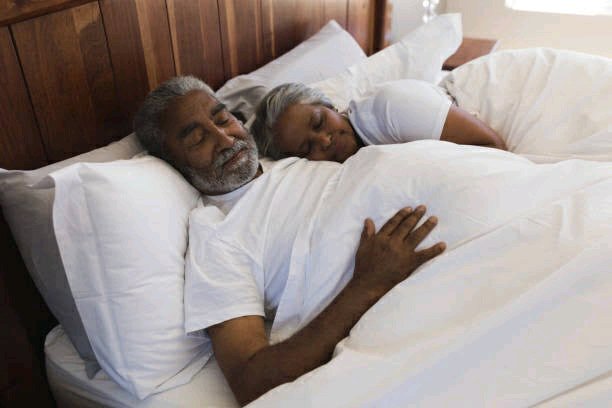
As we age, our bones naturally lose density and become more fragile, which increases the risk of fractures and osteoporosis. However, maintaining strong bones in old age can be done in several natural ways.
Exercise: Weight-bearing exercises, such as walking, jogging, and dancing, are great for building and maintaining strong bones. According to Healthline, these types of exercises put stress on the bones, which triggers the body to build more bone mass.

Resistance training, such as weightlifting and bodyweight exercises, can also help to increase bone density. Get some vitamin D. This is essential for bone health, as it helps the body absorb calcium.
The body can produce vitamin D when the skin is exposed to sunlight, but many older adults are deficient in this nutrient. Foods that are high in vitamin D include fatty fish, egg yolks, fortified milk, and cereal.Calcium: This is the most abundant mineral in the body and is essential for strong bones. Good sources of calcium include dairy products such as milk, cheese, and yogurt, as well as leafy green vegetables like kale and broccoli.
Calcium: This is the most abundant mineral in the body and is essential for strong bones. Good sources of calcium include dairy products such as milk, cheese, and yogurt, as well as leafy green vegetables like kale and broccoli.
Vitamin K: This is essential for the formation of bone protein, and it helps to keep calcium in the bones. You can get vitamin K from fermented foods and leafy vegetables.

Magnesium: This is an important mineral that is involved in the formation and maintenance of bones. You can get it from green vegetables, seeds, edible nuts, and whole grains.
Omega-3 fatty acids: They have been shown to have a positive effect on bone health. These healthy fats can be found in fatty fish as well as in flaxseed and chia seeds.
Limit alcohol and caffeine: Excessive alcohol consumption can lead to bone loss, so it is important to limit alcohol intake. Caffeine can interfere with calcium absorption, so it is best to also limit caffeine intake.
Get enough sleep: Getting enough sleep is important for overall health, and it is also important for bone health. During sleep, the body releases growth hormone, which helps to build and repair bone tissue.

Get enough sleep: Getting enough sleep is important for overall health, and it is also important for bone health. During sleep, the body releases growth hormone, which helps to build and repair bone tissue.
Manage chronic diseases. Chronic diseases such as diabetes and autoimmune diseases can affect bone health. It’s important to manage these conditions to maintain healthy bones and get enough sunlight.











